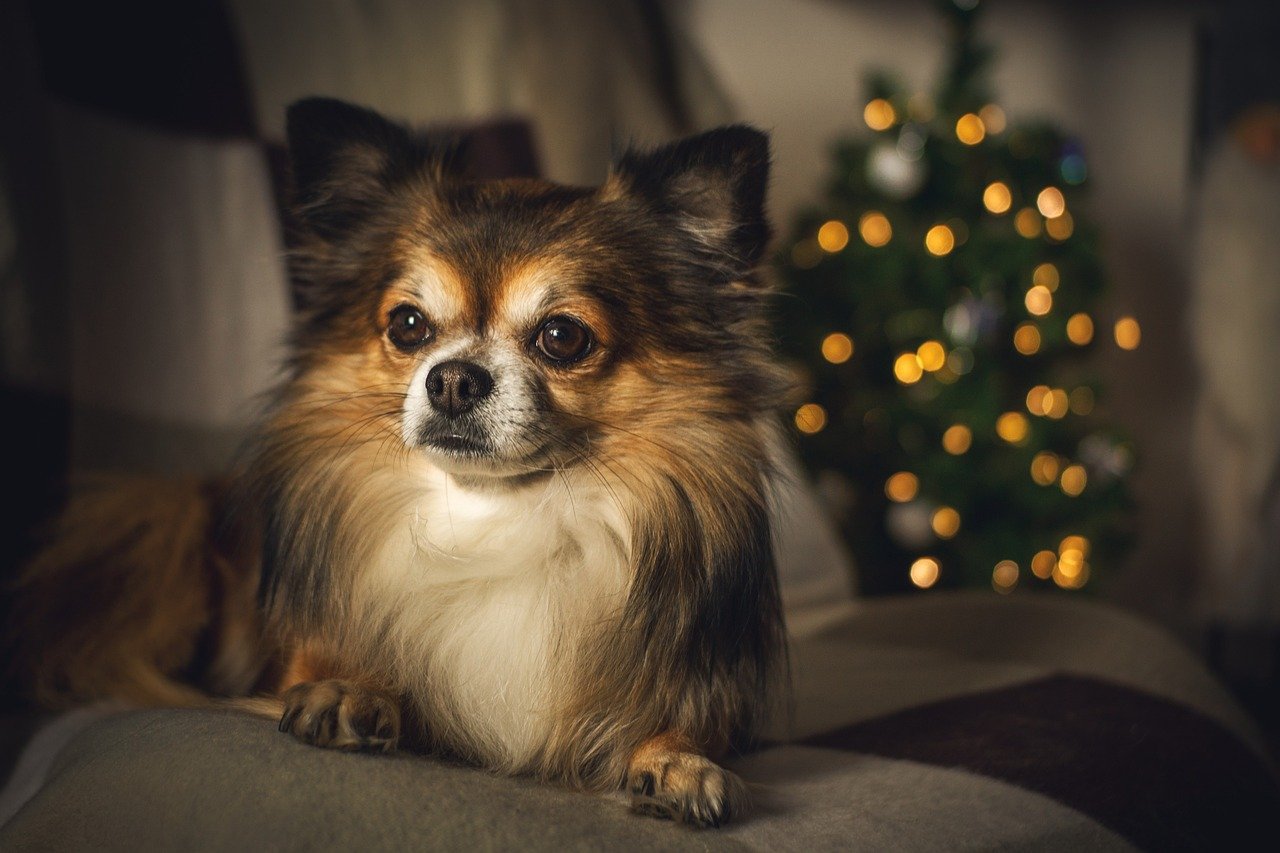Have you ever watched two adorable little dogs size each other up, only for fur to fly instead of tails to wag? It might sound shocking, but some pint-sized pooches are notorious for giving side-eye—or even picking fights—when they meet other canines. On the flip side, there are some small dogs who almost seem to believe every new friend is just a playdate waiting to happen. If you’re thinking about bringing a tiny dog into your life and already have a pup at home, or you’re just curious about canine personalities, these insights might just surprise you.
Chihuahua: The Tiny Tyrant
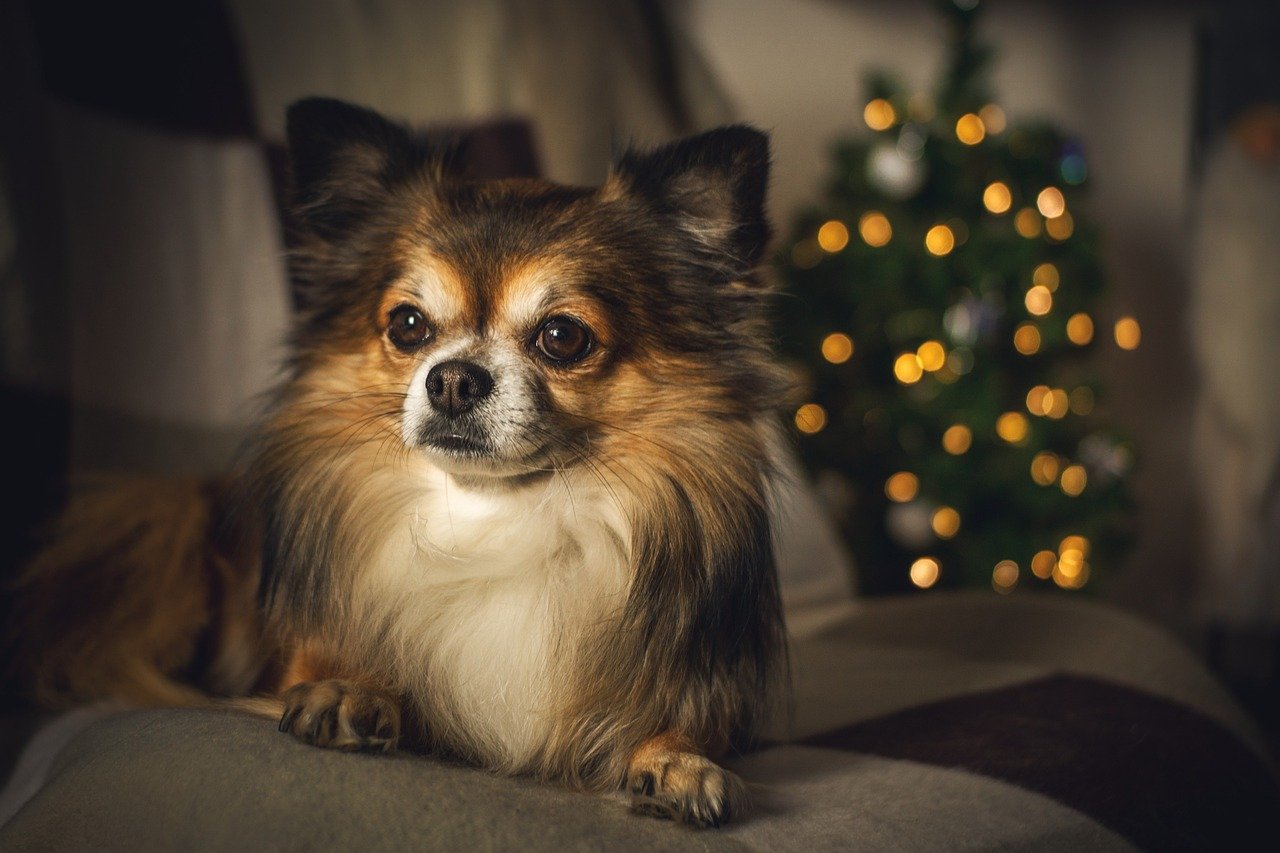
Chihuahuas have huge personalities packed into their small frames. They are fiercely loyal to their humans but often suspicious—or downright confrontational—with other dogs. It’s not unusual for a Chihuahua to bark, snap, or try to boss around dogs twice their size. Many owners find it surprising (and even a little hilarious) how brave these little dynamos can be, but it can make dog park visits a bit stressful. This breed tends to form strong attachments to their family and sees outsiders, canine or not, as a threat. Socialization helps, but their natural suspicion runs deep. If you’re looking for a one-dog household, a Chihuahua might fit right in. Just don’t expect them to roll out the welcome mat for visiting pups!
Dachshund: The Sassy Sausage
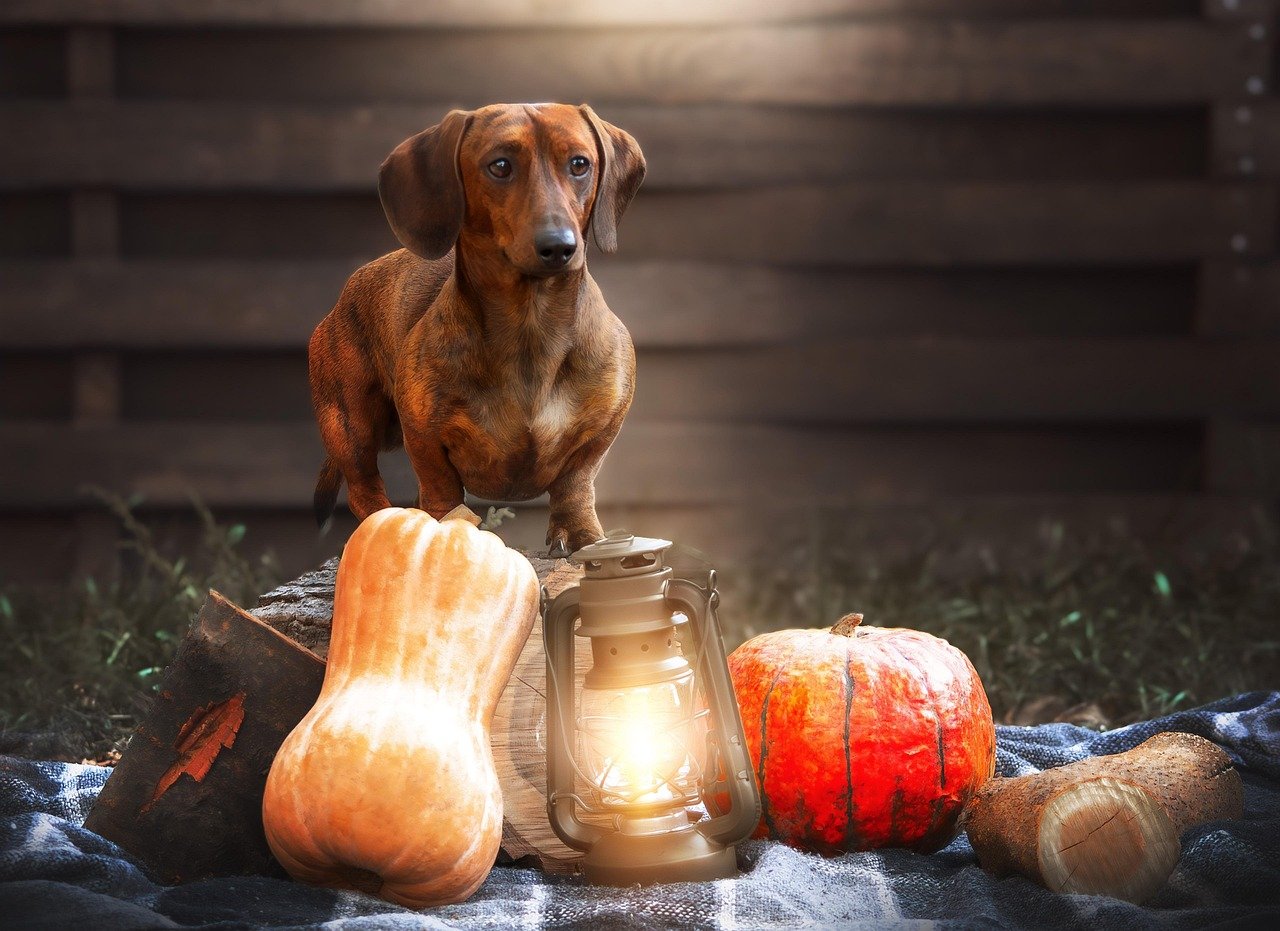
Dachshunds are famous for their bold, independent streaks. Originally bred to hunt badgers, these little dogs have big attitudes, and they don’t always play nice with other canines. Dachshunds can be territorial, especially when it comes to their favorite humans or toys. They often bark at unfamiliar dogs and can become possessive. I once watched a friend’s Dachshund chase off a much larger Labrador at the park, and the little guy strutted back like he’d just saved the day. Their stubbornness doesn’t make them easy to train out of this behavior, either. If you want a Dachshund to get along, early socialization is critical, but don’t be surprised if they never warm up to strange dogs.
Jack Russell Terrier: The Feisty Firecracker
Jack Russell Terriers are energetic, intelligent, and endlessly entertaining. They’re also notorious for not getting along with other dogs, thanks to their strong prey drive and naturally assertive personalities. Jack Russells were bred for hunting and digging, and they often see other dogs as competition. They can be quick to start a squabble, especially if they feel threatened or challenged. These terriers need a lot of exercise and mental stimulation, and boredom can make their anti-social tendencies worse. If you have other dogs at home, a Jack Russell might see them more as rivals than siblings.
Pekingese: The Royal Ruler

Pekingese dogs carry themselves like little emperors, and their regal attitude doesn’t always extend to fellow canines. They were bred as companions to Chinese royalty, and it sometimes shows in their aloof, snobbish approach to other dogs. Pekingese can be stubborn, independent, and selective about their friends. They may tolerate dogs they grew up with, but new dogs are often met with suspicion or outright hostility. Their long, flowing coats and proud posture only add to their “I’m above all this” vibe. If you’re looking for a peace-loving pack member, the Pekingese might not be your best bet.
Shih Tzu: The Jealous Guardian
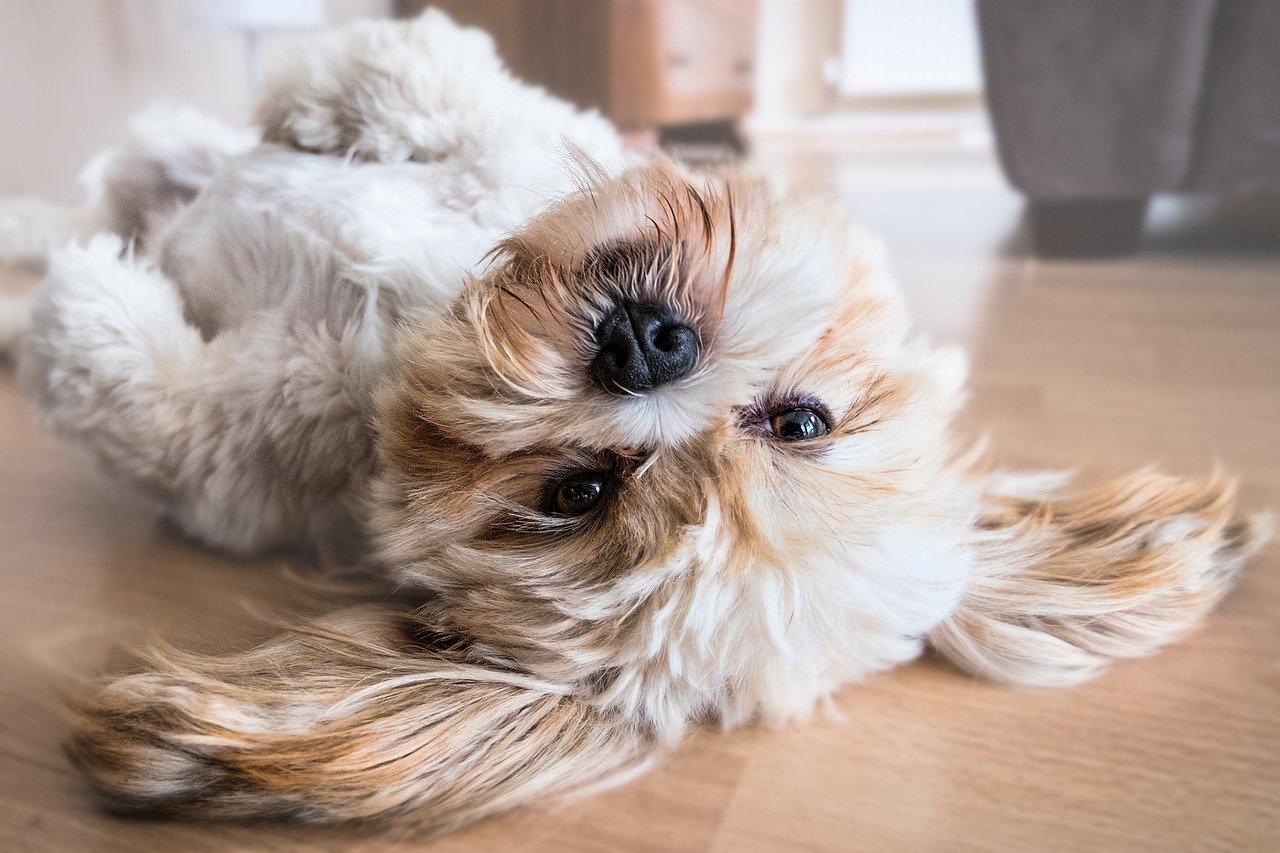
Shih Tzus are adorable and affectionate, but they can also be surprisingly jealous. They thrive on human attention and sometimes compete with other dogs for affection. This jealousy can turn into possessive behavior, especially if they feel left out or replaced. I remember visiting a home with two Shih Tzus, and one would literally wedge himself between his owner and any other dog. While they’re not always aggressive, their possessiveness can create tension with other pets. Early exposure to other dogs can help, but some Shih Tzus simply prefer to be the center of the universe.
Miniature Pinscher: The Little Boss
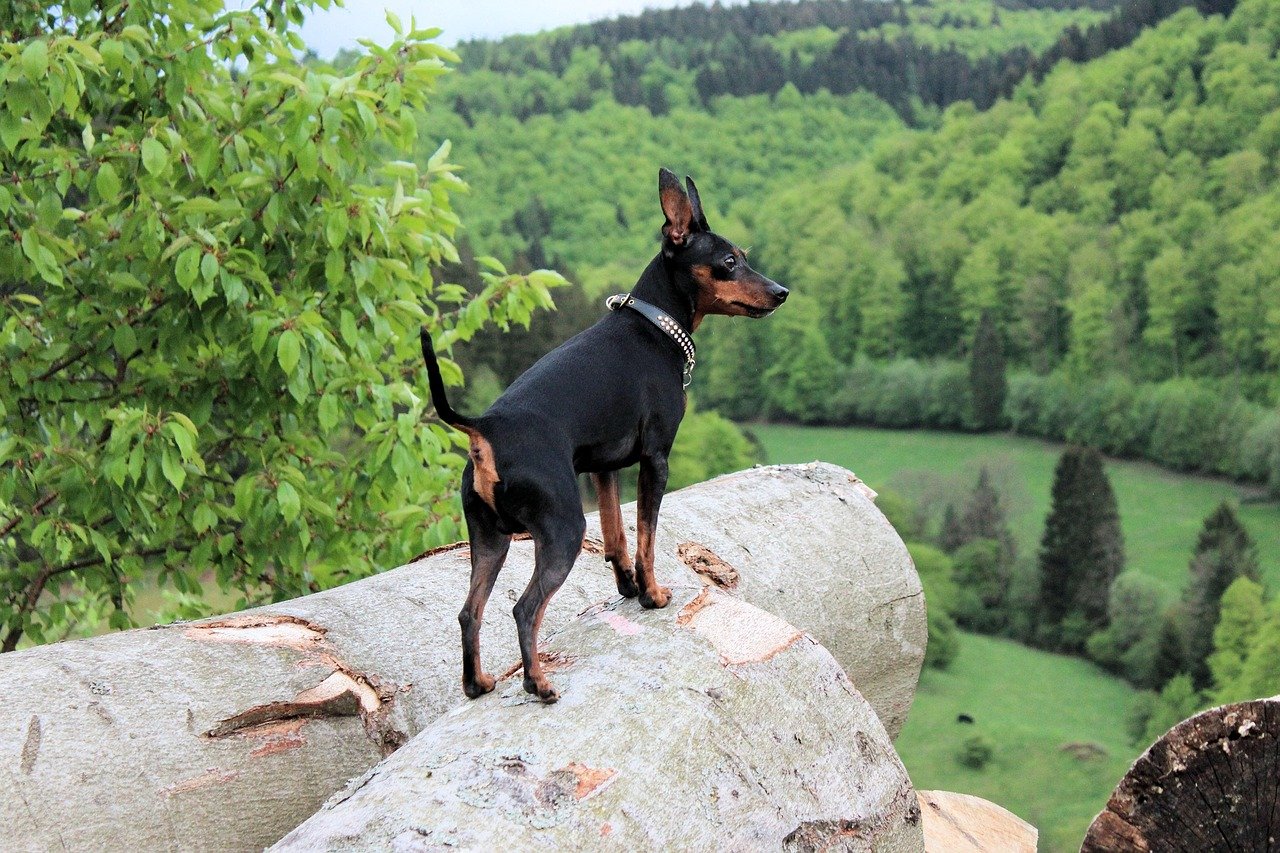
Miniature Pinschers are often called “the King of Toys,” and they certainly live up to the title. These small dogs are packed with confidence and determination. Unfortunately, that confidence can turn into dominance around other dogs. Min Pins are fearless and will stand their ground, regardless of the size of the opponent. They can be territorial and may try to assert themselves as the leader of any canine group. In multi-dog households, this can lead to regular power struggles. Training and socialization are important, but the Min Pin’s bossy nature is never far beneath the surface.
Lhasa Apso: The Suspicious Sentinel
Lhasa Apsos were originally bred to guard Tibetan monasteries, and that protective instinct runs deep. They’re cautious around strangers, including other dogs. Many Lhasas seem to believe they’re responsible for keeping order, which can make them prickly when meeting unfamiliar canines. They may bark, growl, or simply ignore other dogs entirely. Their loyalty to their family is legendary, but outsiders—dog or human—are usually not welcomed with open paws. If you want a dog who will befriend every pup at the park, the Lhasa Apso’s suspicious nature might disappoint you.
Pomeranian: The Fluffy Watchdog

Pomeranians look like tiny, living teddy bears, but their personalities are anything but soft and cuddly around other dogs. They’re bold, vocal, and sometimes even a little bossy. Poms can be quick to bark at other dogs, especially if they feel their territory is being invaded. Their alertness makes them great watchdogs, but not always great playmates. This breed often prefers the company of humans and can become possessive. Socialization helps, but many Poms just don’t have much patience for other canines. If you want a dog who’ll join in the fun, a Pomeranian might rather sit on your lap and keep an eye on the action instead.
Scottish Terrier: The Independent Thinker

Scottish Terriers, or “Scotties,” are dignified, independent, and not particularly interested in making friends with other dogs. They were bred to work alone, hunting vermin, which contributes to their self-sufficient attitude. Many Scotties don’t appreciate unfamiliar dogs encroaching on their space and may react with a gruff bark or a warning growl. I once saw a Scottie completely ignore a group of playful puppies, choosing instead to sit on the sidelines with a look of utter disinterest. If you want a dog who’ll join in the pack, Scotties are usually content to march to their own drum.
Yorkshire Terrier: The Spirited Diva
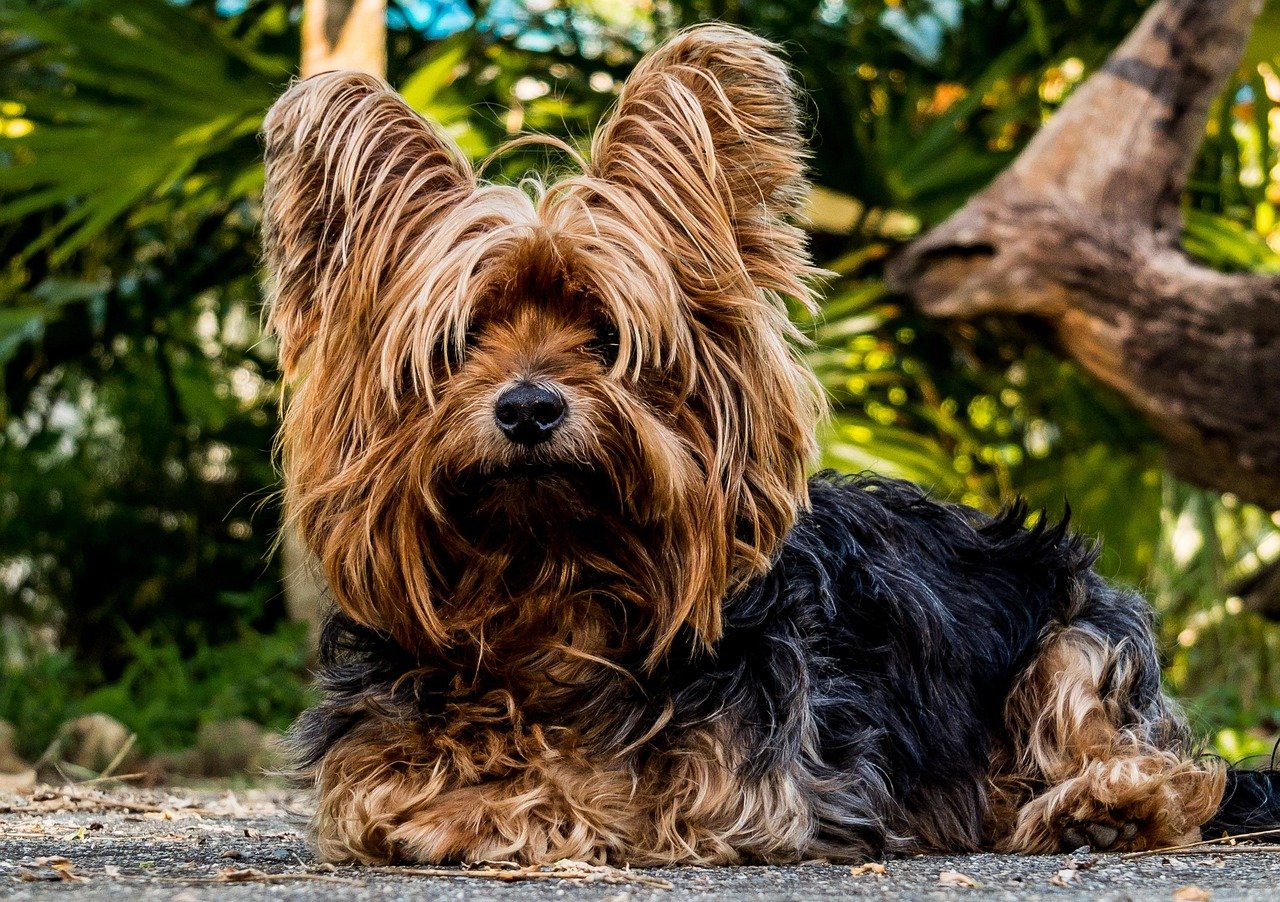
Yorkshire Terriers, or Yorkies, are feisty and spirited. They often act like the rulers of their domain, showing little patience for other dogs. Yorkies can be territorial, especially in their own homes. They may bark or snap at other dogs, particularly if they feel threatened or overlooked. Despite their small size, their personalities are huge, and they’re not afraid to let it show. Yorkies need boundaries and early socialization to avoid becoming too possessive. While some learn to get along, many prefer being the only star on the stage.
French Bulldog: The Chill Companion
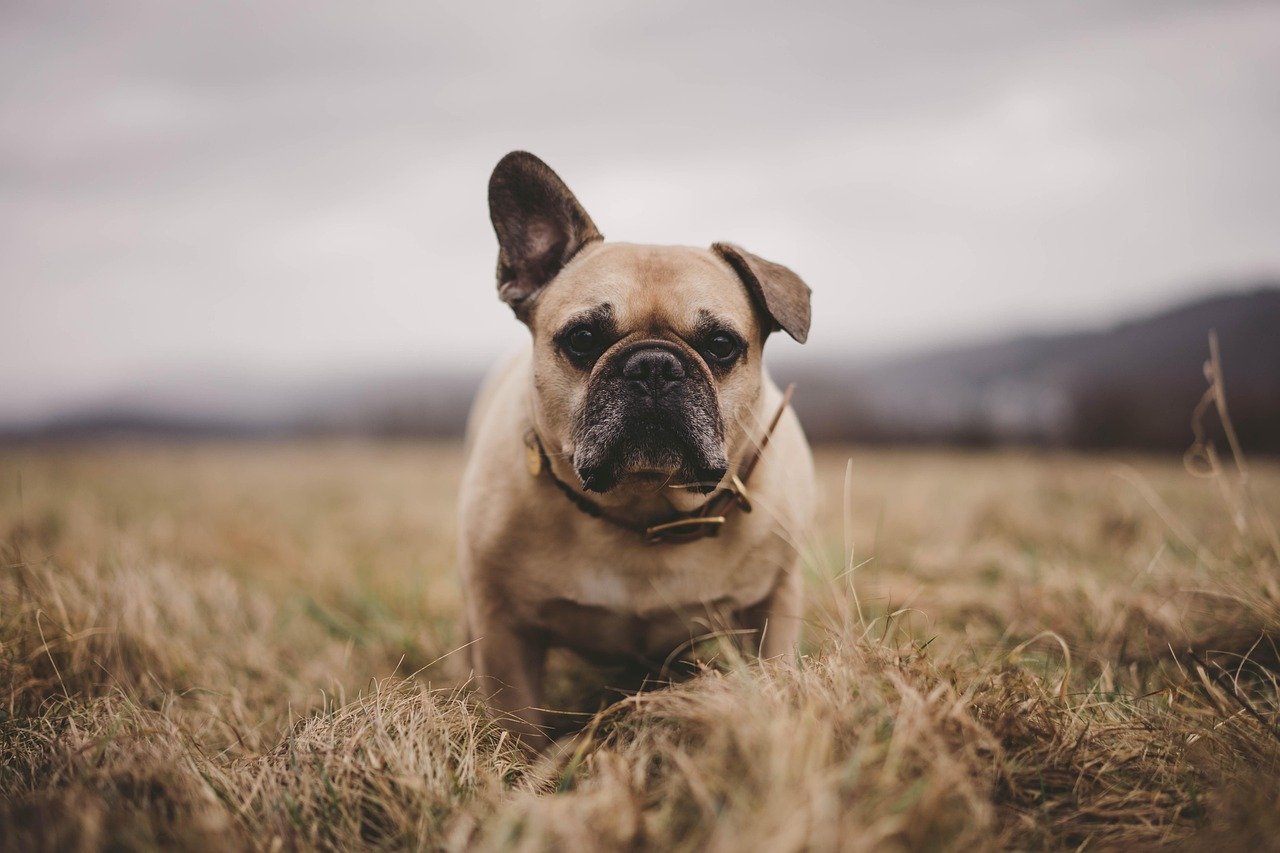
French Bulldogs are known for their easygoing, friendly nature. Unlike many small breeds, Frenchies tend to get along well with other dogs. They love playing and are usually happy to share toys and space. Their laid-back attitude makes them ideal for multi-dog households. I’ve seen Frenchies snuggle up with big dogs as if they were old friends. They’re not pushy or dominant, so conflicts are rare. If you want a small dog who’ll fit in with your furry family, the French Bulldog is a safe bet.
Havanese: The Social Butterfly
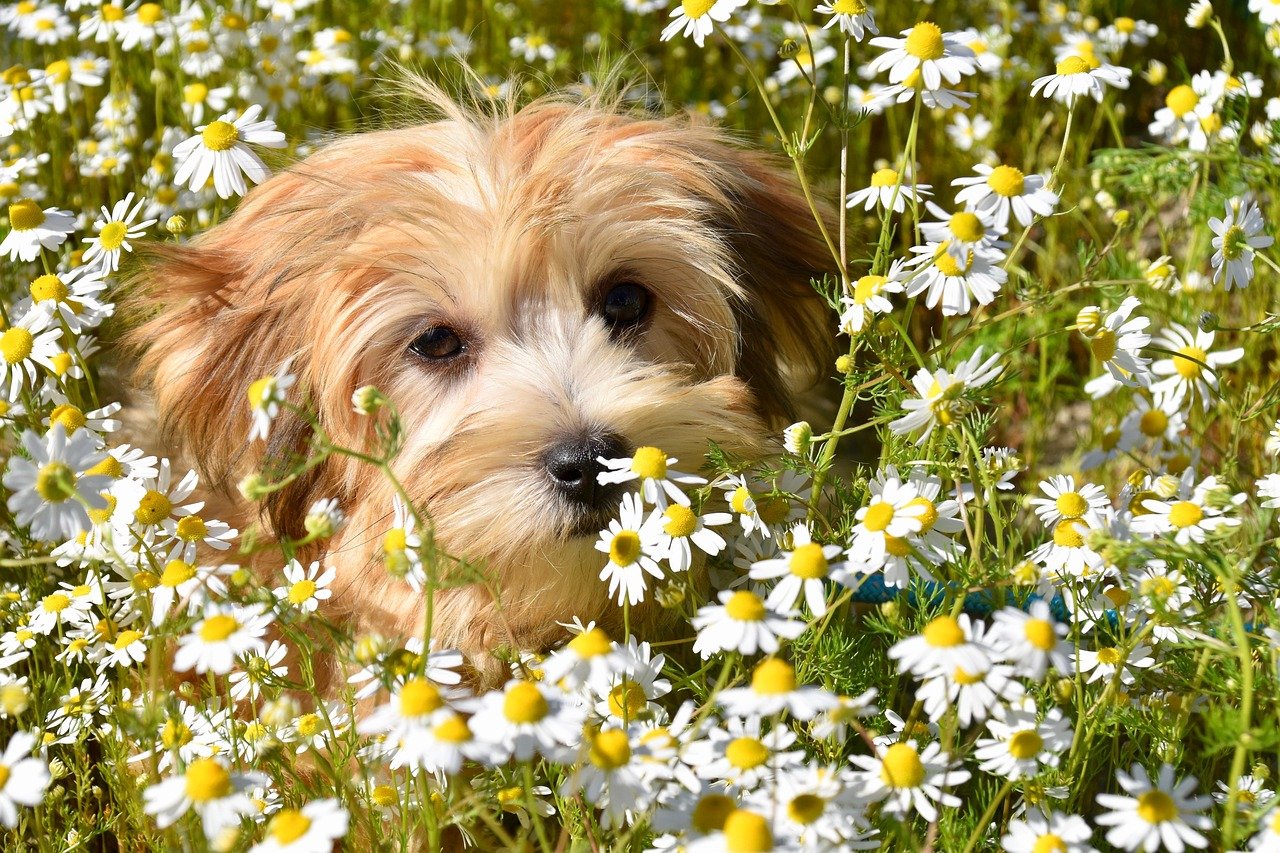
Havanese dogs are cheerful, affectionate, and love making friends—both human and canine. They’re adaptable and thrive in social environments. Havanese are rarely aggressive and usually greet other dogs with a wagging tail. Their gentle nature makes them perfect for homes with multiple pets. These dogs enjoy playtime and rarely pick fights. If you want a small dog who will welcome canine company, the Havanese is an excellent choice.
Cavalier King Charles Spaniel: The Gentle Soul
Cavalier King Charles Spaniels are famous for their friendly, loving personalities. They’re natural peacemakers who generally get along with everyone, including other dogs. Cavaliers enjoy playing and cuddling with canine companions. Their gentle nature means they rarely show aggression. I’ve seen Cavaliers act as the “mediator” during puppy playdates, breaking up squabbles with a wag and a lick. If you want harmony in your home, a Cavalier is likely to bring it.
Bichon Frise: The Happy-Go-Lucky Friend

Bichon Frises are cheerful, playful, and sociable. They love to interact with people and other dogs alike. Bichons don’t tend to show dominance or aggression, making them great for multi-dog homes. Their playful nature means they’re almost always up for a romp, and they rarely hold grudges. If you’re looking for a dog who will make friends easily, the Bichon Frise is a wonderful pick.
Papillon: The Playful Partner
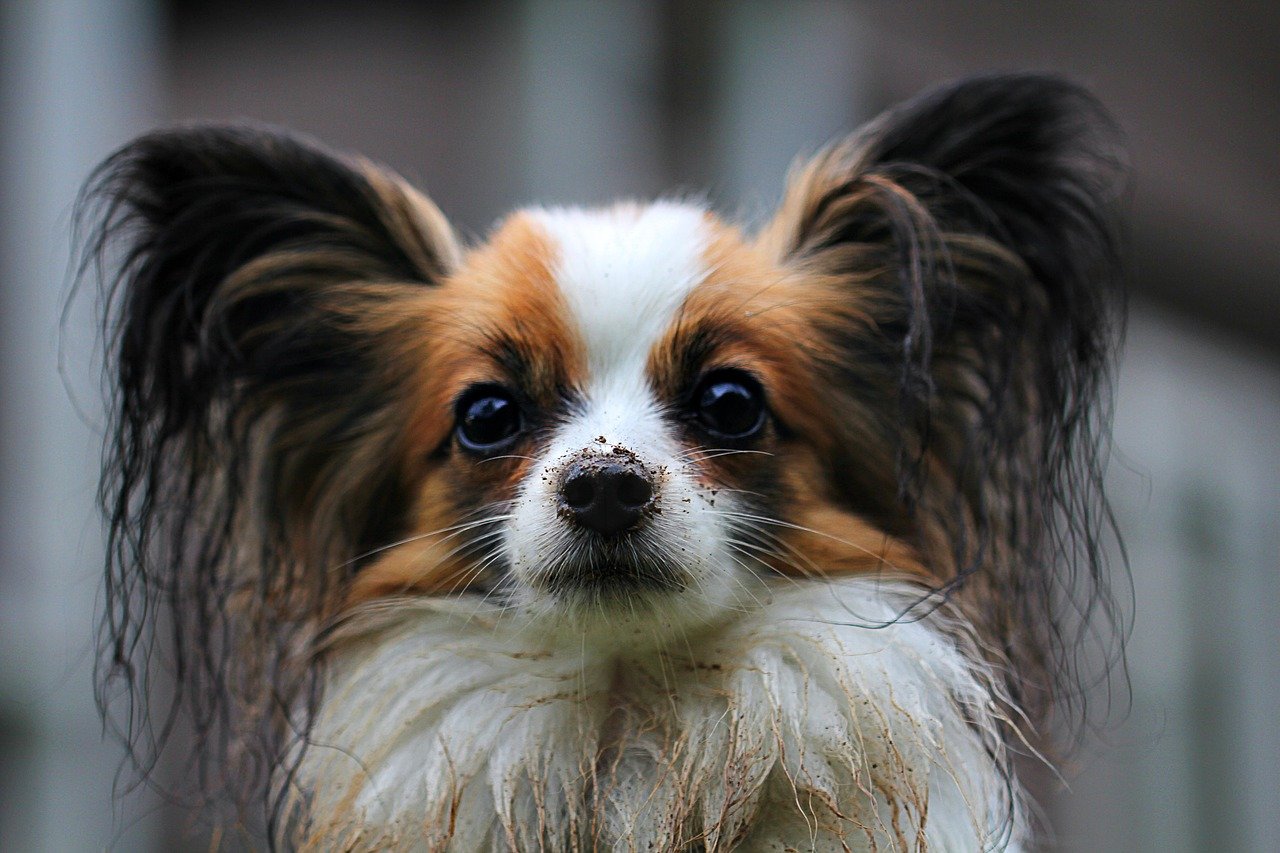
Papillons might look delicate, but they’re sturdy, energetic, and incredibly friendly. These dogs love meeting new friends and often thrive in social settings. Papillons are intelligent and adaptable, which helps them get along with a wide range of dog personalities. They’re rarely aggressive and usually greet new dogs with enthusiasm. If you want a small, playful companion who’ll bring out the best in your other pets, the Papillon is a great choice.

Andrew Alpin from India is the Brand Manager of Doggo digest. Andrew is an experienced content specialist and social media manager with a passion for writing. His forte includes health and wellness, Travel, Animals, and Nature. A nature nomad, Andrew is obsessed with mountains and loves high-altitude trekking. He has been on several Himalayan treks in India including the Everest Base Camp in Nepal.

